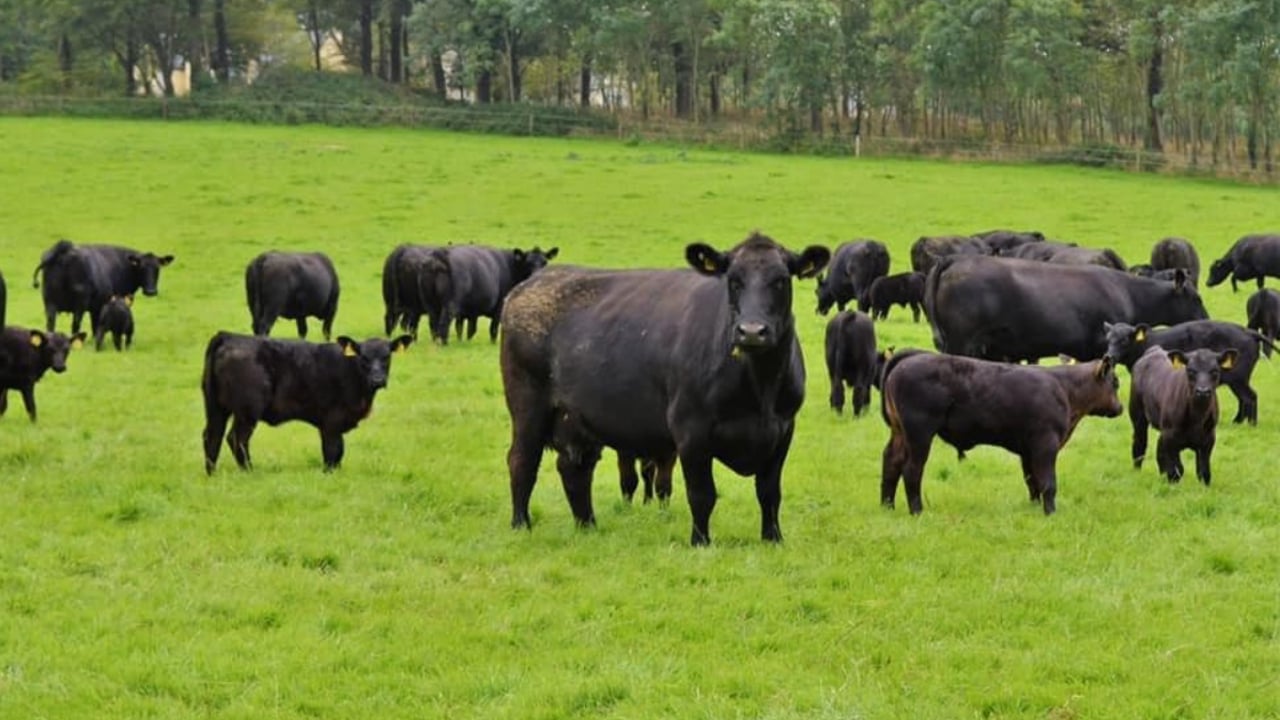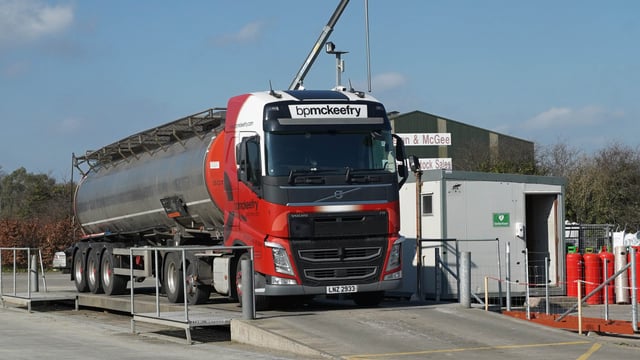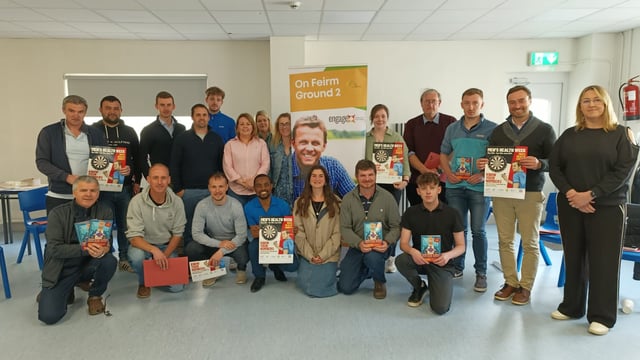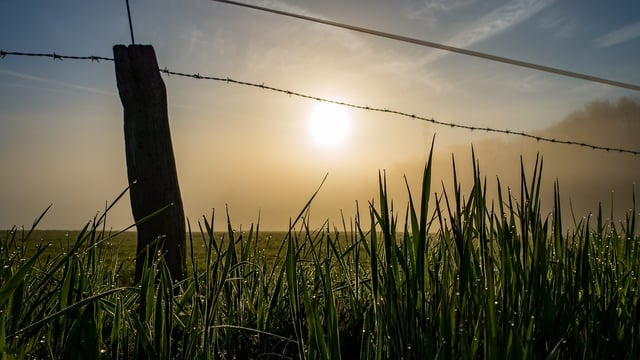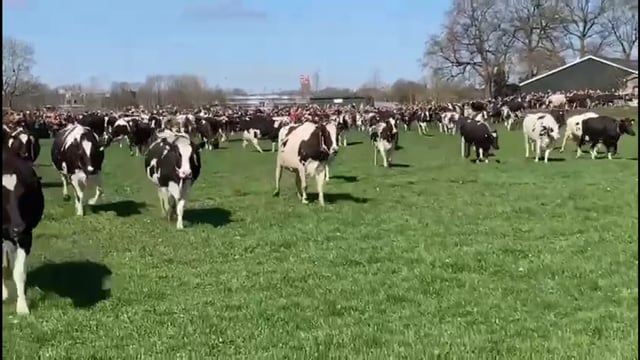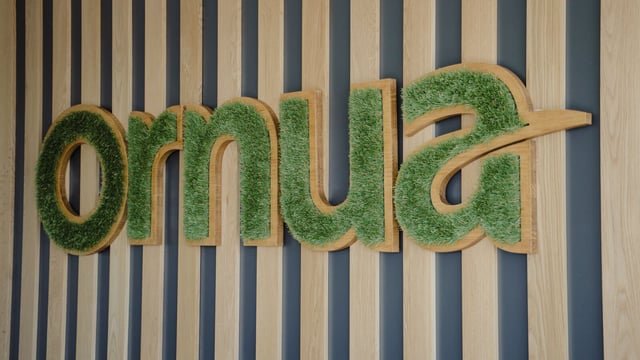Aberdeen Angus Association will not support Teagasc breeding plan
The Irish Aberdeen Angus Association has said it will not support Teagasc in its proposal to establish a “nucleus herd breeding programme”.
The initiative, currently being evaluated by Teagasc, is focused on the Dairy Beef Index (DBI) and aims to accelerate genetic gain in beef bulls used on the dairy herd.
Teagasc said that the establishment of this programme, using the Aberdeen Angus breed, would involve an investment of around €300,000 on an annual basis.
According to the authority, there would be a return to the beef and dairy industry of around €6 million per year.
Teagasc
The proposal being considered by Teagasc is to establish a breeding programme, using advanced reproductive technologies, to produce 180 elite, high genetic merit DBI Angus calves annually.
The calves will be generated by embryos from "the best Angus females" and “semen of elite bulls" being placed in dairy cow dams "to provide a surrogate pregnancy service".
Teagasc said that each year the best genetic and phenotypic performing bulls generated by the nucleus herd will be made available and will be “targeted towards Irish artificial insemination (AI) and pedigree breeding programmes”.
A research report by AbacusBio, which was commissioned by Teagasc, outlined different models to achieve genetic gain for dairy-beef systems.
The report found that the nucleus herd breeding programme and implementing assisted reproductive technologies was predicted to provide the largest increase in DBI rate of gain.
Teagasc said that it has already had discussions with some breed societies, and these will be expanded as it develops a proposal to increase the rate of genetic gain in the DBI.
Aberdeen Angus Association
However, the Irish Aberdeen Angus Association has issued a statement demanding that Teagasc stop its "pedigree Angus breeding plans".
"The Irish Aberdeen Angus Association met with the people associated with this project and expressed our anger and disappointment about it.
"Teagasc state that in order for the programme to be successful it will require strong support from the Aberdeen Angus breeders in Ireland. The Irish Aberdeen Angus Association is very clear on this, Teagasc will not be receiving their support on the programme.
"This message will be echoed to all its members over the coming week," the association said.
Breeding
The Irish Aberdeen Angus Association said that the research report noted little gains in dairy beef traits over the last number of years.
The association claimed that prior to the introduction of DBI in 2019, AI centres "focused primarily on two traits – gestation and calving ease".
The association added that carcass traits for the Aberdeen Angus breed have "made continuous genetic gain over the past 10 years".
"These gains are significant given the changing landscape of the national dairy herd's beef merit," it added.
The association also expressed concern about some of the potential challenges highlighted in the report.
These included issues around female fertility for a genetics reason going unobserved in premature donors, along with the potential for increased inbreeding.
The association said that "any programme promoting this type of consequence should not be accepted".
“The project makes a number of broad assumptions with regard to genetic gain being made at each generation and that the uptake of AI increases significantly.
"These figures are then used in the calculation of an inflated return for the industry," the association said.
The Pedigree Breeders Council of Ireland previously said that it is “outraged” that “Teagasc’s programme of implanting pedigree embryos into dairy cows to produce AI bulls is set to continue”.
The council is calling an immediate halt to state funding for this project, which it believes will have a total cost of around €3 million.

